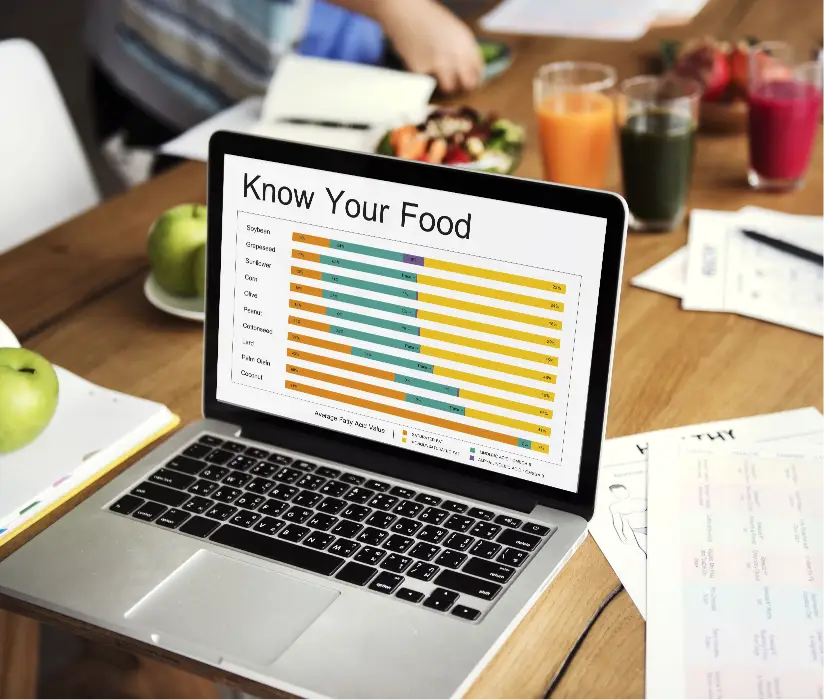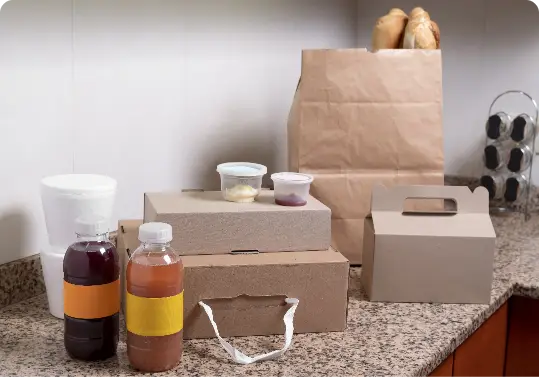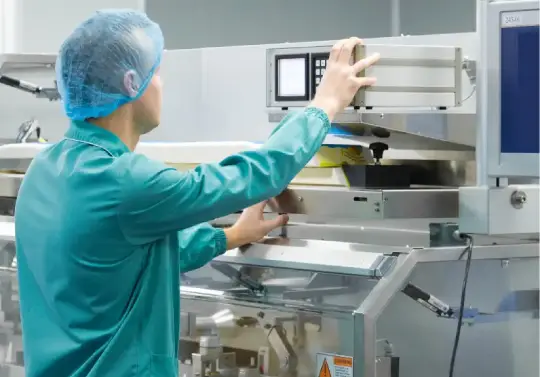
Food Services Management
Food Costing & Auditing
Food costing and auditing are two crucial aspects of managing a food business. Food costing entails calculating the cost of each menu item or dish, accounting for the cost of ingredients, labour, and overhead expenses. This data is used to set prices for menu items and to make sure that the business is profitable. Food auditing entails reviewing and evaluating a business’s food-related operations to make sure it is in compliance with food safety and sanitation regulations.
Dubai has a well-regulated food industry, and it meticulously enforces compliance with food safety and quality requirements. Businesses that deal with food must uphold strict requirements for food quality and safety. The Food Control Department regularly inspects food enterprises, including eateries, cafes, and food trucks, to make sure that these criteria are being followed. The agency will gather samples for testing while conducting these inspections in order to ensure that food safety standards are being followed.







